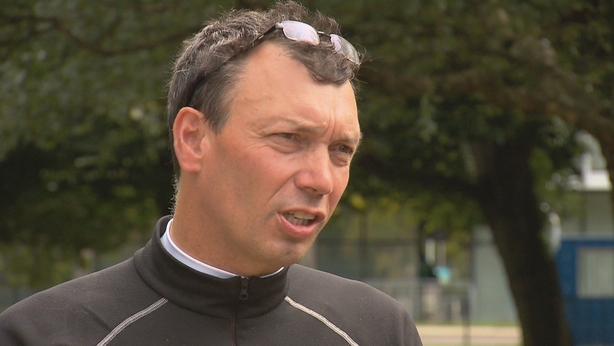The Department of Health said that an additional 61 cases of Covid-19 have been confirmed, while no further deaths have been recorded.
The total number of deaths remains at 1,777, while the overall number of cases here stands at 27,969.
Of the cases notified today, 67% are under 45 years of age.
There are 23 cases confirmed to be associated with outbreaks or are close contacts of a confirmed case, while 16 cases have been identified as community transmission.
Geographically, 39 of the cases are in Dublin, 13 are in Kildare and the remaining nine cases are in Cork, Kerry, Laois, Limerick, Longford and Wicklow.
In Northern Ireland, 119 new cases of Covid-19 were confirmed today, taking the total there to 6,766.
No further Covid-19 related deaths have been reported. The number of deaths in Northern Ireland remains at 559.
Acting Chief Medical Officer Dr Ronan Glynn has urged people to be aware they are not powerless against the virus.
Dr Glynn said: "I know that at times we can all feel powerless against Covid-19, but we are not.
"Each of us has a range of simple tools at our disposal, knowing the risks, washing our hands, not touching our faces, keeping physically distant, avoiding crowds, limiting visitors to our homes, and wearing a face covering.
"But the most powerful tool of all remains our solidarity with one another, by encouraging each other to stick with the basic measures and by continuing to act and adapt together we can suppress the transmission of this virus once again."
The figures come as a leading expert in infectious diseases says he anticipates more targeted localised restrictions being introduced, as the rate of community transmission is still rising.
Professor Sam McConkey said this would be happening in spite of the testing and tracing measures the country already has in place.
He said that while we now have a Covid tracker app along with widespread testing, both of those things alone are now "not adequate to control the spread" of the virus.
Read more:
100 children in Ireland test positive for virus in last two weeks - NPHET
Latest coronavirus

"That means we need to keep going on the social distancing. We need to look at the cases that are happening and see what types of social distancing are going to be effective in controlling our particular spread in Ireland," he said.
Prof McConkey added: "So I think we will end up having further county and local area based restrictions, maybe on private parties and gatherings in private areas like the home."
Yesterday, the Chief Executive of the HSE Paul Reid said that end-to-end turnaround times for testing and tracing was now down to an average of 2.1 days.
Prof McConkey said we could improve our ability to control the virus by speeding this process up.
"If we could get that down to less than one day, that would certainly be better from a theoretical point of view," he said.
He also said that a new roadmap for how we deal with this virus, as the prospect of having a vaccine in 2021 is "a hope and not a certainty".
Prof McConkey said a lot of the predictions around the timing for vaccines are "best case scenario".
He said sometimes we can be hoping for the best case, but it is often the second or third effort that is the final product, adding that he thinks there would be a "50/50 chance" of a vaccine being available in 2021.

